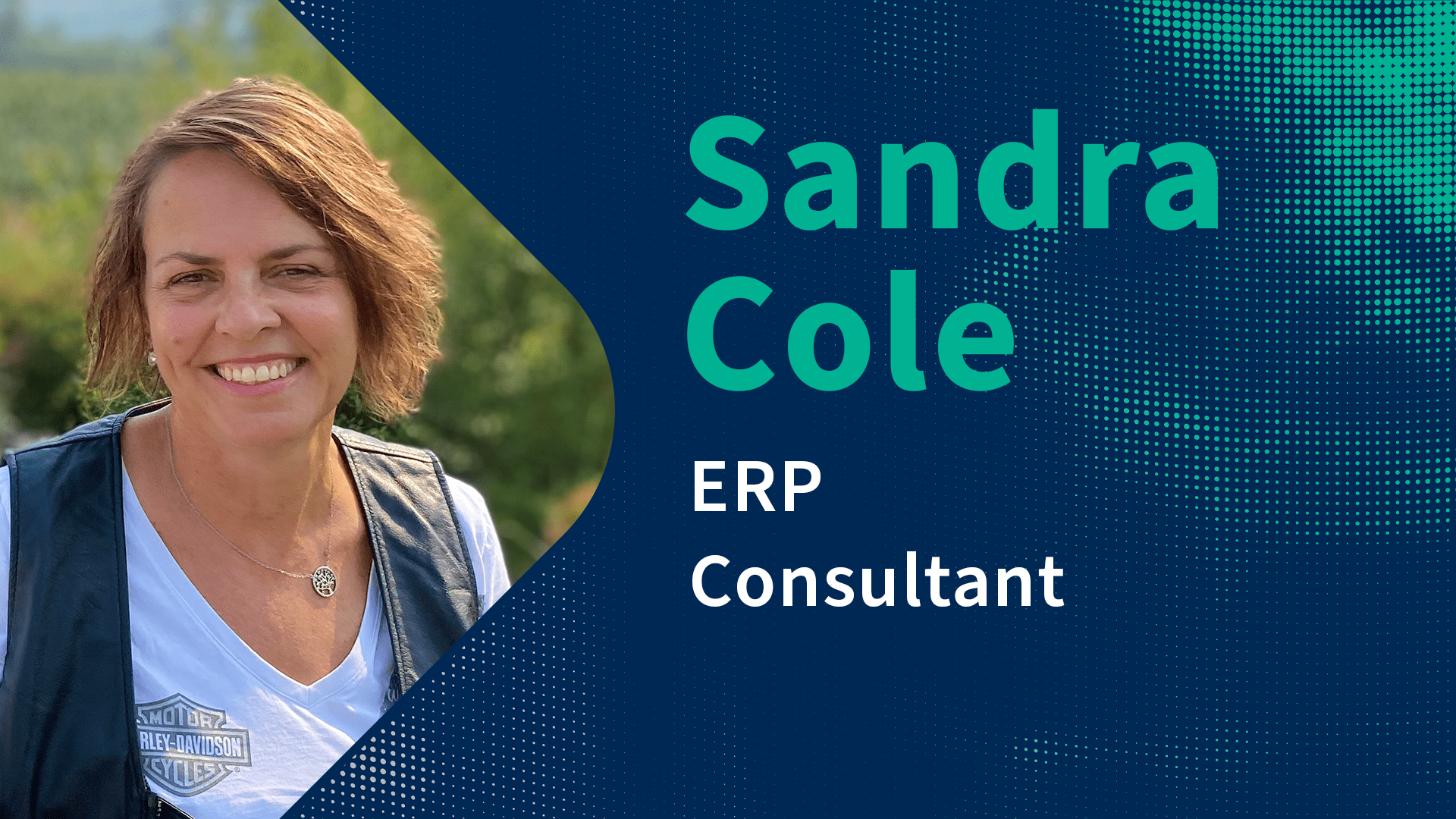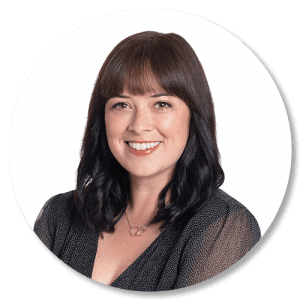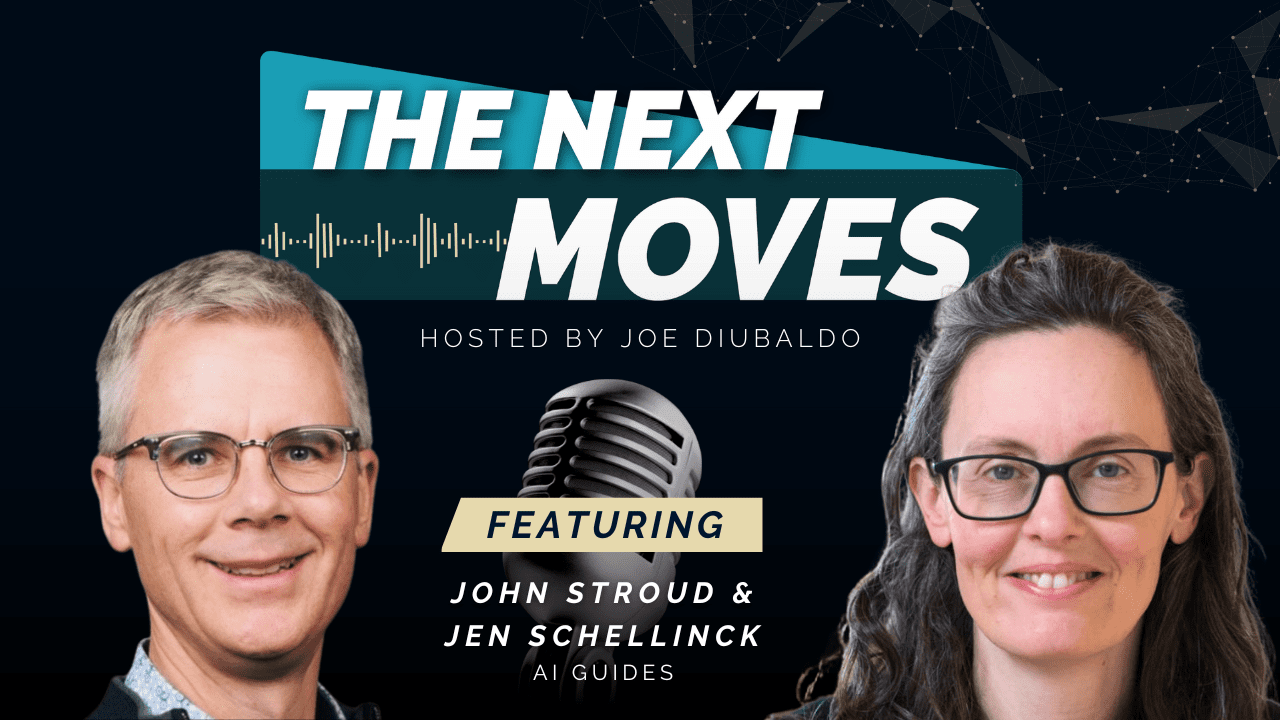Sandra Cole dishes on how she made the leap into the niche field of ERP consulting.Sandra Cole is a rare breed. She is a controller-turned-ERP (Enterprise Resource Planning) consultant who specializes in system implementations for companies looking to change or streamline their operating systems and increase their bottom line. From global commerce to manufacturing, Cole’s client list includes industry leaders such as Modern Campus, Pivotree and John Deere. Based out of Kelowna, B.C, Cole spoke with Clarity Recruitment’s Paul Tierney about what attracted her to this field early on in her career, how she identifies inefficiencies within companies to increase profitability, why she’s the opposite of a stereotypical accountant and how she uses technology and team-building strategies to solve people problems.
Paul Tierney: You’ve had a very successful career in accounting and finance over the last 30 years. Tell us about your different roles and how you ended up in ERP consulting.
Sandra Cole: After I completed my degree in marketing and human resources, I had a fabulous mentor who offered me a bookkeeping job straight out of university; this is what kick-started my career in accounting. After this role, I moved on to a job at a small public accounting firm, which provided more formal training and where I began working towards my designation. I moved on to work for the local John Deere dealer who had an integrated financial system and this is what fuelled my desire to work with ERP systems. Working for the Interior Health Authority in Kelowna, I was in charge of putting together the financials for public-private partnerships. I did that for three years, and then the opportunity to do a systems implementation as a consultant with Tenzing (currently Pivotree) came up. That’s where I really blossomed in the ERP world. It was a dynamic environment where I had to work with different parties to get a variety of unrelated financial tracking systems moved over to a more complex, online ERP system.“To get quality information and relevant KPIs out, you need to put quality information in, or else garbage in equals garbage out (GIGO)!”Tierney: What is it about systems implementation that attracted you to it in the first place?
Cole: At 29, I was a Controller at a John Deere dealer. The biggest challenge was the computer system. I didn’t think it was performing efficiently. I spent time researching different ways to utilize it more effectively. I had taken basic computer programming in university and had learned to understand how computers are programmed to think. I was more fascinated by systems and the way they worked than I was by the routine month-end accounting tasks. What piqued my interest was being exposed to a very complex system and seeing what it could do if you used it the right way. I’ve focused on achieving profitability through efficiency throughout my career. I believe companies benefit greatly from being tuned in to the information they get out of their financial system. To get quality information and relevant KPIs out, you need to put quality information in, or else garbage in equals garbage out (GIGO)!
Tierney: From your work as an ERP consultant, what kind of impact have you had on your clients’ goals and outcomes?
Cole: Every time I go into a company, I’m asked to look at their system to see if they’re using it efficiently. Nine times out of ten the issues they are experiencing are related to ineffective use of the system. A lot of professionals, accountants and finance people are working off the side of their desk to learn the system and utilize it at the same time. That can be tough ~ I’ve learned the value of a good implementation. For example, when I had a contract with a John Deere dealer in California. I could see he was having problems in the service department — he was losing money. I did an analysis of his system — knowing what the metrics should be. I said, “You have a problem.” He said, “How did you know that?” and I said, “you’re not meeting your industry’s key metrics.” From my analysis, it became apparent that one of the key issues was over-compensation for key metrics that were being measured inaccurately. We created a better way of tracking and measuring them and then educated staff accordingly. I touched base with this client a few months ago and he said, “Sandi, it amazes me how you were able to look at the financials and tell me that an incentive program was failing due to our lack of knowledge about the system.” “I like the challenge of helping individuals embrace the system rather than try to resist and fight it.”Tierney: What’s the trick? It seems like you’re using systems to actually solve people problems.
Cole: Take the mystery out. For example, having salespeople input their own expense reports means you get more accurate information. It doesn’t mean they like it. Nobody likes filing their expense reports. It’s not a fun task. So my big focus is not just the system’s implementation, but the training. Teaching people the “why” behind it. Often, people don’t want to have anything to do with it. They’re like, “that’s not my gig, I’m a salesperson,” but if you help them understand how quality information will improve their business’ metrics they can then show their bosses how they have influenced the system. That’s really key. I’m a people person, and I find working with teams wonderful and rewarding — it’s also extremely difficult because you bring together people with different personalities and goals. I like the challenge of helping individuals embrace the system rather than try to resist and fight it.
Tierney: What advice do you have for someone transitioning from accounting to ERP consulting?
Cole: Have an open mind. Communicate with people and understand where they’re at. You’re bringing leaders together. Whether they’re IT professionals, finance professionals or operational leaders, be willing to meet people in their world and at their level of understanding. You need a lot of patience — that’s one thing that I am constantly learning. Taking that leap is scary. Not many people go from a controller role into ERP consulting. I can input and interpret data, create financial statements and do all the controllership-type duties because I’ve done that throughout my career. What I like about consulting is there’s always a new problem to solve, always a new situation. A lot of people are attracted to accounting because they like its predictability. What attracts me to ERP consulting is the non-routine; I’m always learning. “What I like about consulting is there’s always a new problem to solve, always a new situation. A lot of people are attracted to accounting because they like its predictability. What attracts me to ERP consulting is the non-routine; I’m always learning.”Tierney: How has Project and Interim Consulting allowed you to achieve a better work/life balance?
Cole: I worked long and hard early in my career. I was a single mom with two little kids doing my CMA designation and I was going pedal to the metal all the time. That leads to one thing: burnout. About ten years ago, the buzzwords “work/life balance” became extremely popular — it was never spoken about before, yet it’s critical now. When you’re consulting, you have some ability, based on the project and timeline, to have some freedom and flexibility. Whether that is between projects or within a project. I enjoy many other things in life other than work. If a meeting is rescheduled, I may jump on my motorbike and go for a ride simply because it’s a beautiful day; I take advantage of breaks between projects to travel and pursue other interests. The more projects I do, the more I am aware of key deadlines. You still have to manage expectations and make sure that you are very clear about critical tasks. Don’t say that everything is critical — that’s a key mistake. Tierney: What’s next in your career?
Cole: I’d like to have my own ERP consulting practice with key partners. It’s amazing when you have a team that works well together — you can appreciate them for what they bring to the table. We can’t all think alike. I’ve learned to embrace that we all think differently. Having a network and critical partners is really important. My relationship with Clarity has helped me focus on what I am good at.
Sandra Cole is an ERP consultant, Chartered Professional Accountant and management consultant based in Kelowna, B.C.





